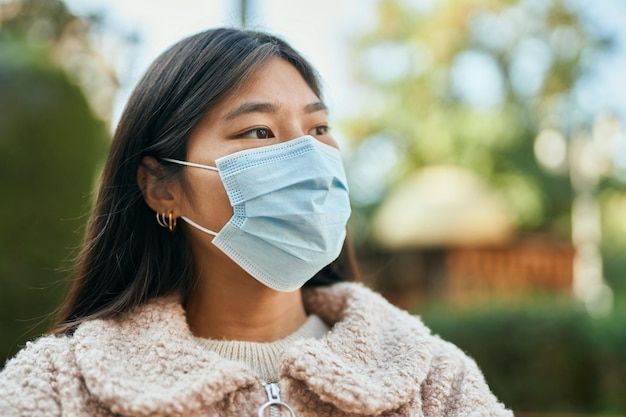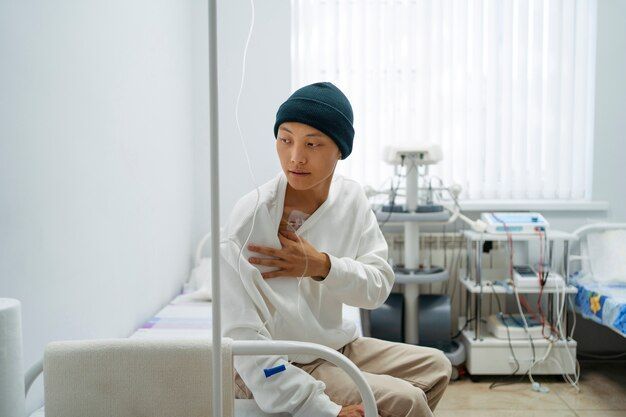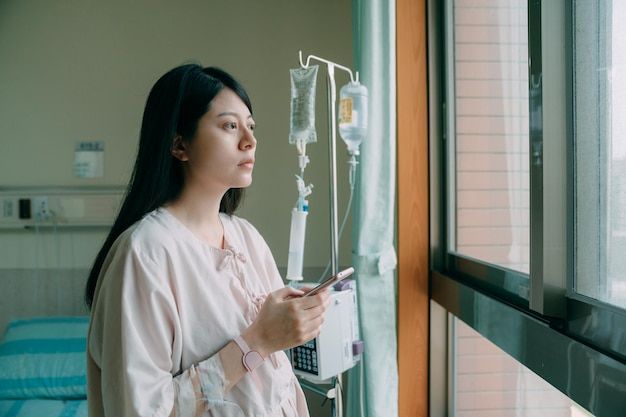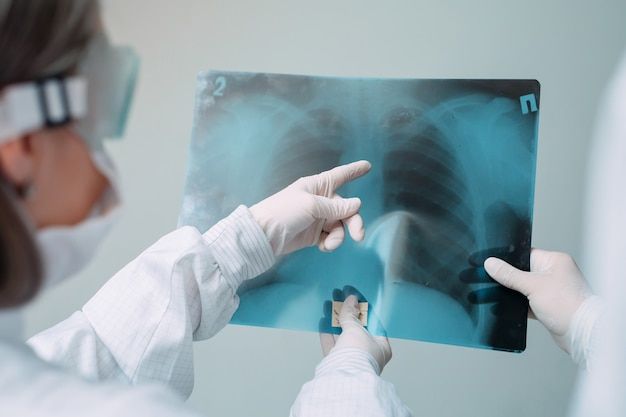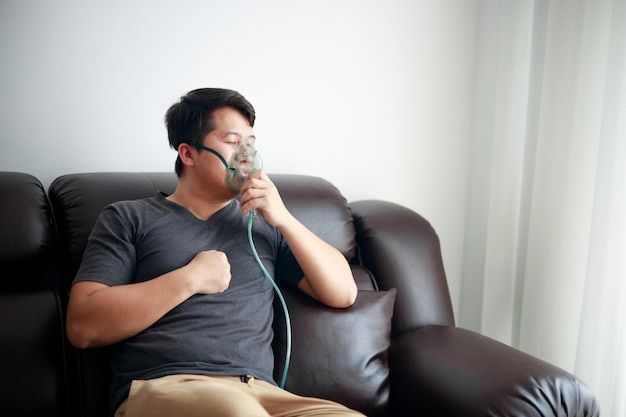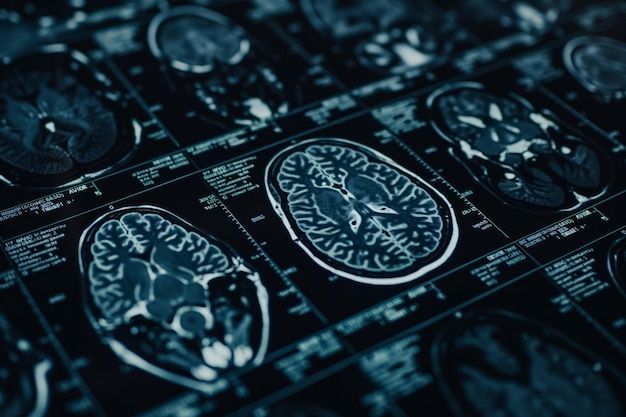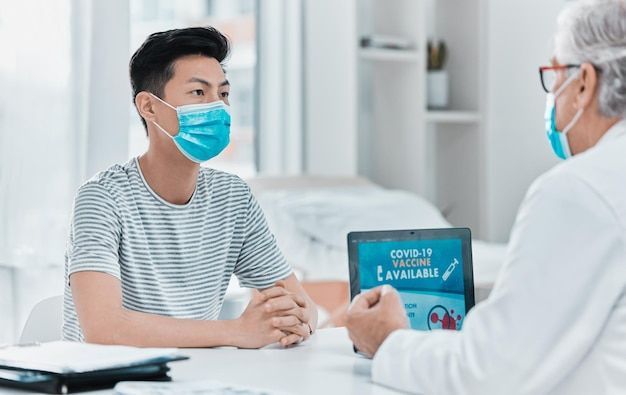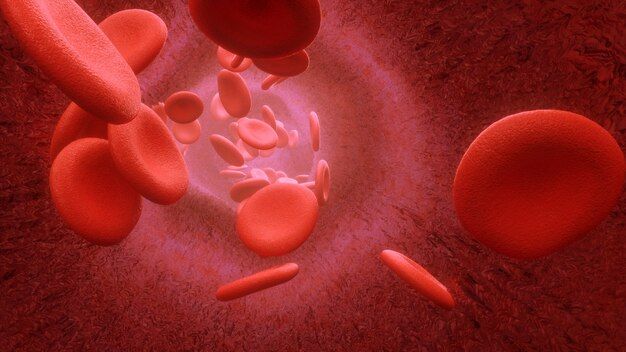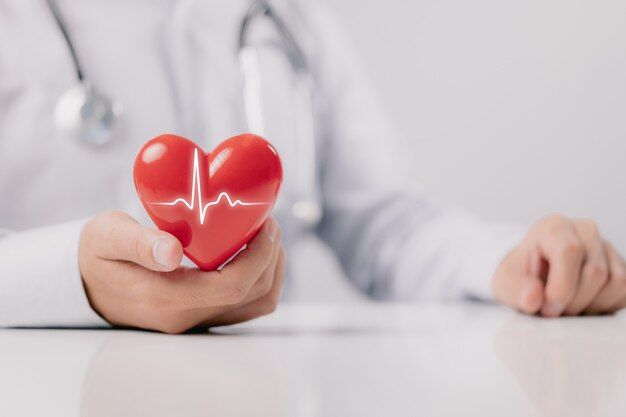CANCER
By: ICMO
Cancer is a broad term used for a large group of diseases that starts in any organ where cells grow abnormally and may spread to other organs.

Cancerous cells can form tumors, affect the immune system, and prevent your body from functioning properly.
Cancer is the second leading cause of death globally, and third in the Philippines. The key to surviving cancer is early detection, quality management and treatment, and survivor follow-up care.
Most Common Cancers
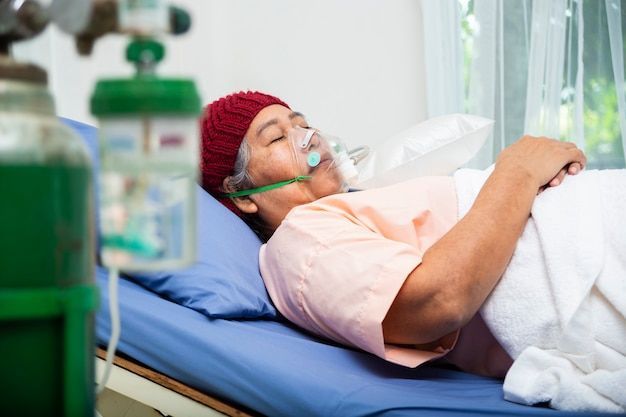
For Men
- Lung
- Liver
- Colorectal
- Prostate
- Stomach
- Leukemia
For Women
- Breast
- Cervical
- Lung
- Colorectal
- Ovarian
- Liver
Cancer is caused by DNA mutations in cells. These mutations may be inherited and may be influenced by risk factors
Risk factors that may increase the chance of developing cancer:
- Age
- Family history
- Existing health conditions
- Lifestyle
- Cigarette smoking
- Excessive alcohol intake
- Unhealthy diet
- Obesity
- Sedentary lifestyle
- Environment
- Exposure to chemicals and other substances
- Exposure to radiation
Early diagnosis and treatment is key to surviving cancer
Consult with your doctor about the best screening test for your condition.
- Physical Examination
- Laboratory tests
- Imaging tests
- Biopsy
Diagnosis and Treatment
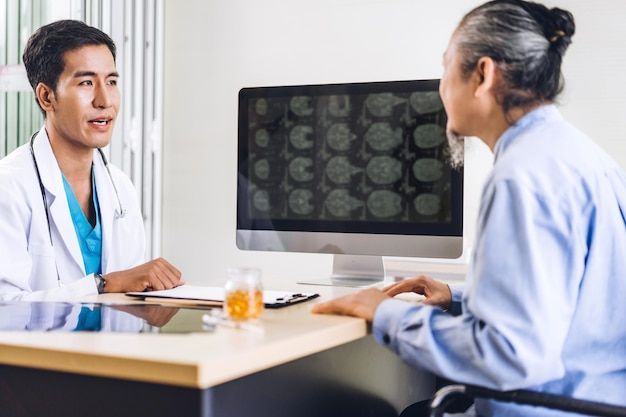
The symptoms of cancer vary depending on the affected
part of the body
Here are some general signs and symptoms associated but not limited to cancer:
- Changes in bowel or bladder habits
- Difficulty swallowing
- Chronic tiredness
- Hoarse voice
- Persistent, unexplained fevers or night sweats
- Skin changes (color, sores, or moles)
- Unexplained bleeding or bruising
- Unintentional weight gain or loss
- Lump or area of thickening that can be felt beneath the skin
- Persistent cough or trouble breathing
- Persistent indigestion or discomfort after eating
- Persistent, unexplained muscle or joint pain
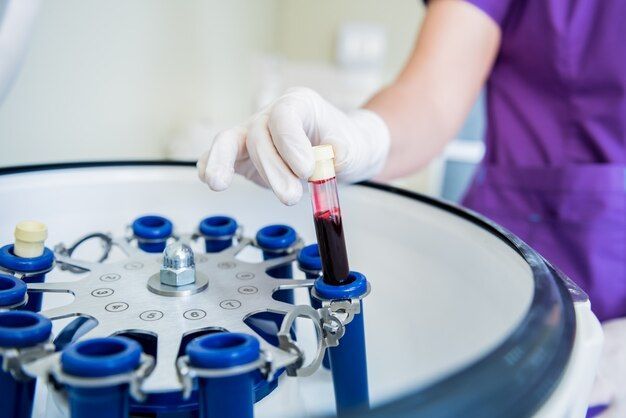
DLSUMC’s Oncology, Hematology, and Rheumatology unit can be your partner in healing. This unit specializes in treatment of cancers, blood disorders and rheumatological disorders.
Cancer Treatments
Services
Chemotheraphy
A treatment using powerful drugs to kill or shrink cancer cells.
Biological Therapy
Uses natural substances to boost the body’s immune system to fight disease.
Blood Transfusion
The process of transferring blood or blood components to a patient.
Bone Theraphy
Treatment aimed at improving bone health, often in cases of bone disease or damage.
Immunotheraphy
A type of treatment that helps the body’s immune system recognize and attack cancer cells.
For inquiries, you may call (046) 481-8000 or (02) 8988-3100 local 1086.
Prevention

There is no definite way to prevent cancer. However, doing these can reduce your risk of developing cancer:
- Avoid smoking and secondhand smoke
- Limit sun exposure
- Eat a healthy diet
- Exercise
- Maintain healthy weight
- Drink alcohol moderately
- Undergo early cancer screenings
- Get immunized against vaccine-preventable diseases that increases the risk for certain cancers
For expert medical advice, see a DLSUMC oncologist. Visit http://findyourdoctor.dlshsi.edu.ph/ to know our doctors’ clinic schedules and telemedicine options or call the Information desk at (046) 481-8000 local 2001 or 1206.
Resources:
Department of Health
https://doh.gov.ph/philippine-cancer-control-program
https://doh.gov.ph/Health-Advisory/Cancer
World Health Organization
https://www.who.int/health-topics/cancer#tab=tab_1
Mayo Clinic
https://www.ucihealth.org/blog/2017/02/how-to-strengthen-heart
Revere Health
https://www.mayoclinic.org/diseases-conditions/cancer/symptoms-causes/syc-20370588
DISCLAIMER
All content found on the DLSUMC website, including text, graphics, images, audio or other formats were created for general informational purposes only and are not intended or implied to be substitutes for professional medical advice, diagnosis or treatment.
If you think you may have a medical emergency, call your doctor, go to the emergency department, or call your local emergency hotline immediately.

